Mrs Pow was speaking during a House of Commons debate in parliament on 1 December, in a debate secured by Elliot Colburn, MP for Carshalton and Wallington, who was raising concerns about Viridor’s Beddington plant.
Mr Colburn said the public has not had a sufficient say in plans by Viridor to extend the capacity of the plant by 10%, which the contracted councils have objected to (see letsrecycle.com story).
He listed a number of problems that the site has been “bedevilled” with since it completed commissioning in 2019, including the recycling rates “having fallen by over 6% in Sutton alone”. He also raised the issue of gas canister explosions at the facility, causing a risk to the safety of staff, which Viridor warned against (see letsrecycle.com story).
Mr Colburn then highlighted that “communities are essentially frozen out of the decision-making process for permit variations for incinerators and “emission limits have been breached on hundreds of occasions”.
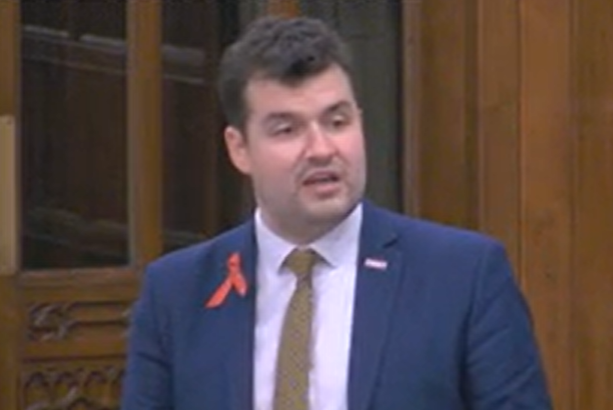
In response, Mrs Pow said: “As my hon. Friend will know, I cannot comment directly on the merits of any such application while that consultation is ongoing.
“He suggested that there have been hundreds of breaches of permits; I believe that is not actually the case, but I would be happy to write to him to set out clearly what the situation is and to clarify the position about the breaches, if he is happy with that.”
Recycling
Jane Hunt, MP for Loughborough, was also one of the MPs discussing waste incineration.
Ms Hunt noted that there is “an overcapacity of incinerators in the UK”. She then questioned the need for the Newhurst incinerator to be built, suggesting a moratorium on new EfW capacity.
Rebecca Pow responded: “We expect the market itself to determine the economic viability and deliverability of developing new infrastructure. There’s no financial advantage for either the public sector or the market to deliver overcapacity.” She added that the department has committed to monitoring residual waste treatment capacity and intends to publish a fresh analysis of “in due course”.
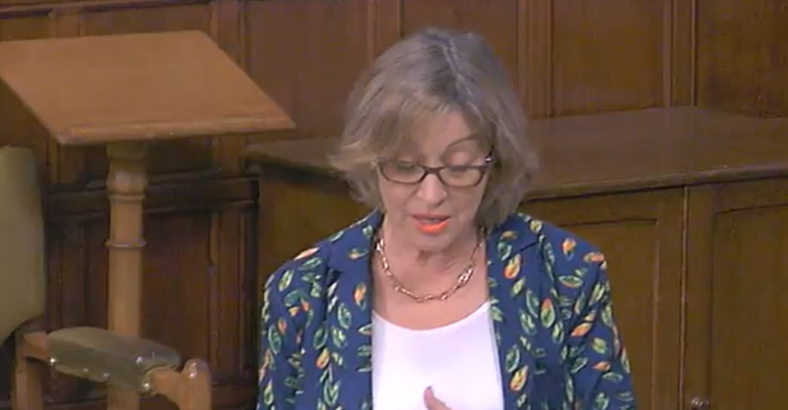
Mrs Pow also outlined that “the UK health and security agency’s position is that modern well-run and regulated municipal waste incinerators are not a significant risk to public health”.
Waste strategy
Addressing concerns about any negative impact of incineration on recycling, she pointed out that in October 2020, the law was changed to introduce a permit condition for EfW operators that “prohibited them from accepting separately collected paper, metal, glass and plastic unless it’s gone through some form of treatment process”.
Mrs Pow continued that under the consistent collections legislation, “local authorities are going to be required to separate all these streams and therefore none of that would have to go into an incinerator”.
Additionally, the upcoming waste legislation, which also includes extended producer responsibility reforms, will “seek to reduce the amount of waste produced”, Mrs Pow said.




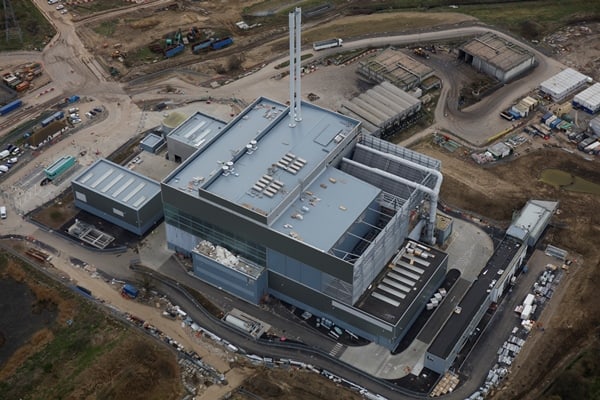

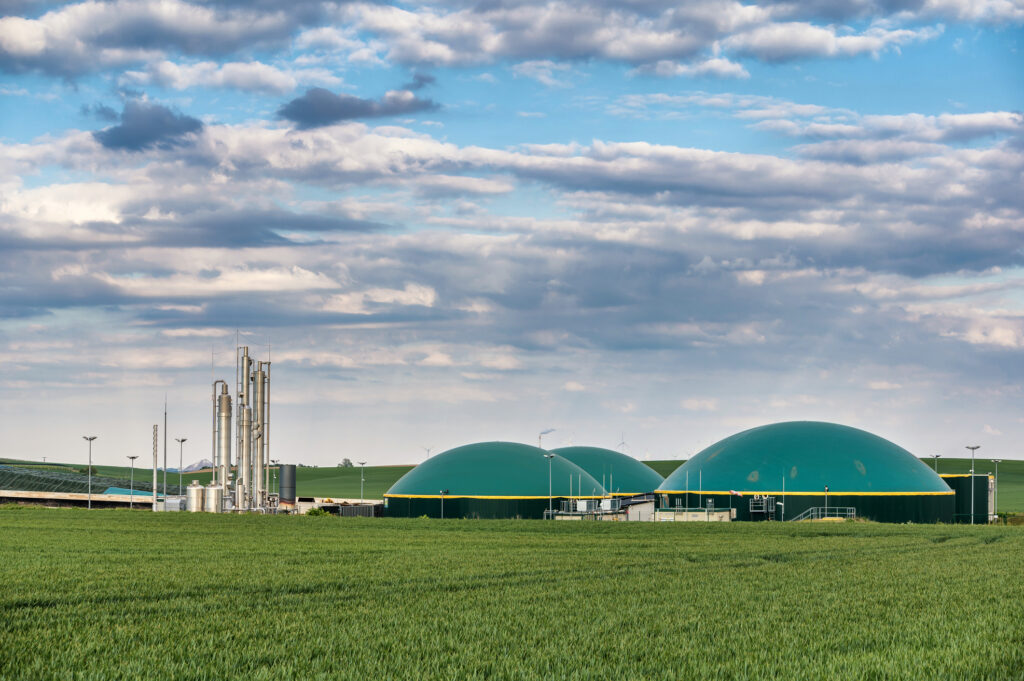
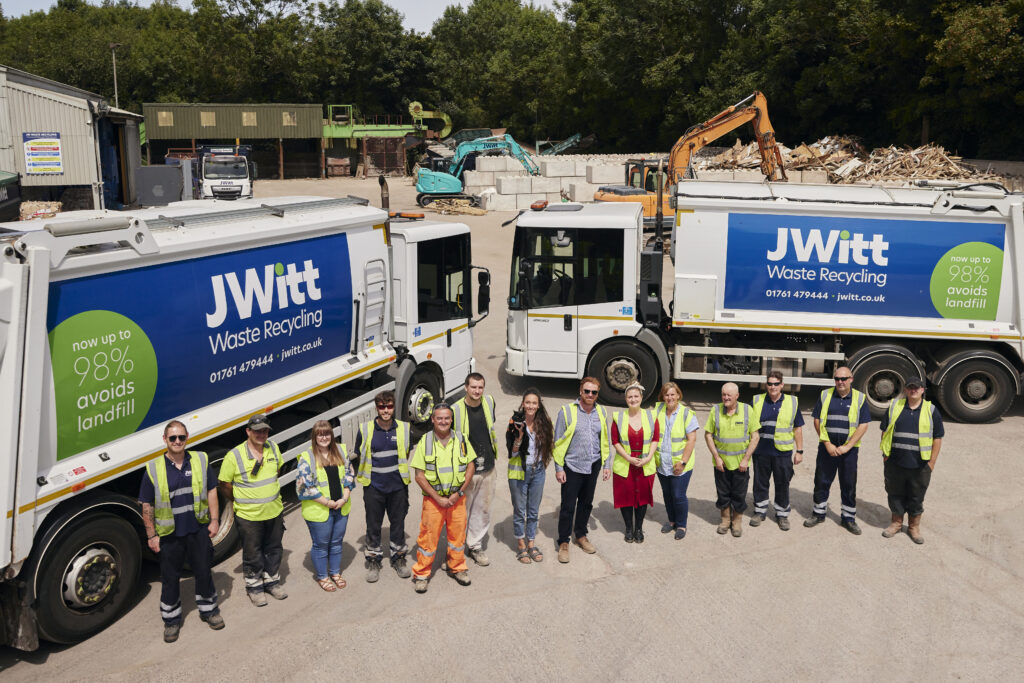

Subscribe for free